The Western Illinois Museum nurtures our history and culture. We live our mission by being a “participatory” museum. Exhibits created from our collection and programs presented are tools to fostering engagement with the aim of creating an authentic social connection. As a social hub, we work towards strengthening the ties that bind our community together.
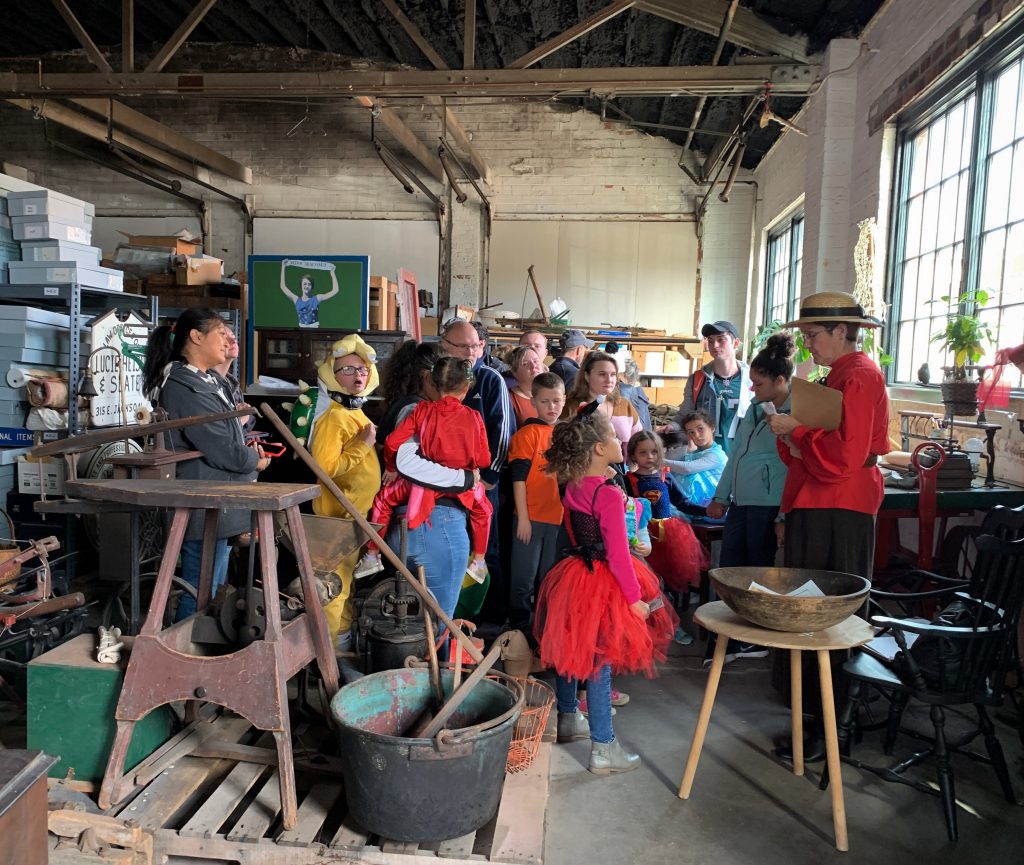
In its 45th year, the Western Illinois Museum has built an eclectic and rich collection that documents the stories and accomplishments of our region. We are keenly aware that what gets preserved as a community’s history is essential to its future. We actively seek out and work to ensure that all voices are part of that story and are reflected in the museum’s collection.
Like many of the country’s 35,000 museums, the Western Illinois Museum takes on the role that no other organization in the region is doing. There are few opportunities for multi-generational learning in the region and the Western Illinois Museum uses its collection and participatory programs to offer informal learning that different generations can experience together.
How we live our mission
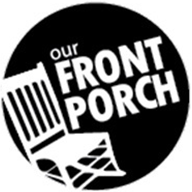
Experimentation and flexibility have been our mode of operation. Museums need to address the changing interests of our audience. Technology has shaped the way people access information as well as the type of experiences we all seek. To address this change, we believe museums need to evolve and consider new approaches. We offer our visitors a hybrid between programs and exhibits where engagement is at the fore. Artifacts are still center stage but are not simply allocated to an exhibit in a glass case with a wall panel telling you what you need to know. “Googling it” has changed all that!
In 2018 two initiatives Our Front Porch and The Blind Swine Speakeasy were developed with this participatory approach as an experiment on how best to engage a multi-generational audience. In 2019 they were offered again and continued to be successful. In addition to bringing in audiences, they help clarify what is possible in the underutilized areas of our building.
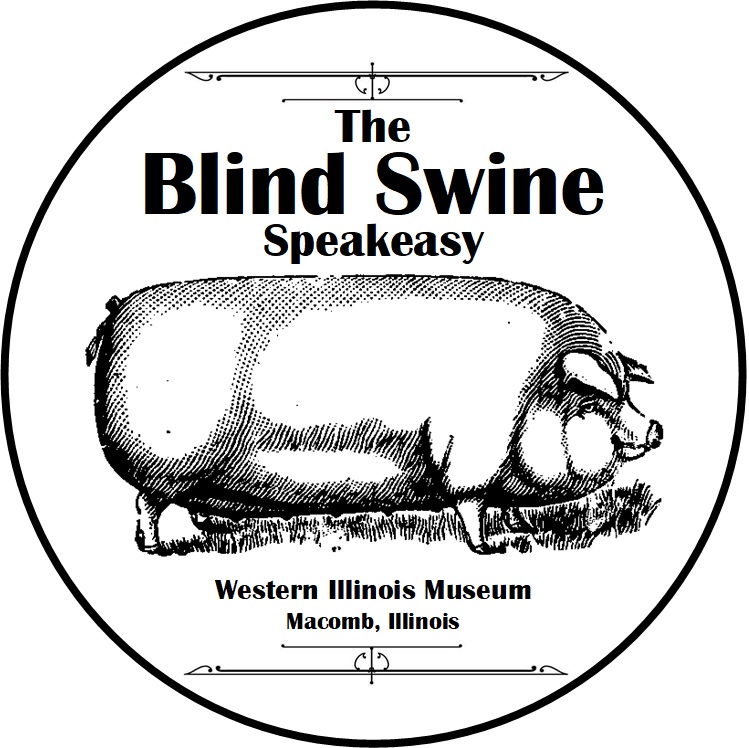
The goal for Our Front Porch is to create a place for a shared experience around things we value as a community such as music, food, and crafts. In 2019, we read poetry, welcomed authors, played music, heard community members speak, listened to records, and of course, ate pie. The programing created around this space works to create an educational yet approachable experience. Our guests, which are becoming more diverse in age and ethnicity, linger and have extended conversations.
The Blind Swine Speakeasy was held again this year in the museum’s “raw space” that was once used as a garage. This un-renovated area houses the museum’s collection and brings guests –who enter through the back door with a password– behind the scenes of the museum. Open twice a month guests enjoy a cash bar, hear live music and participate in activities designed around various aspects of the Prohibition Era. This year’s series saw a 37% increase in attendance and a corresponding growth in income. It was common to hear that guests who have never been to the museum before are planning on returning.
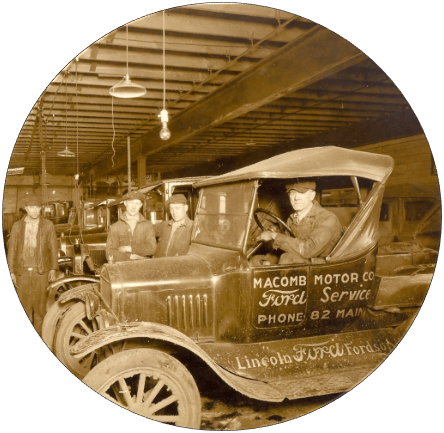
Oral Histories are a bottom-up approach to history. Much local history is lost due to the lack of ways and means to collect it. Oral histories give people a chance to add their insights, impressions, and opinions to the factual details of history. Participating in an oral history interview forges a relationship between those involved and is a good fit for the museum’s participatory approach to history and community building. In 2019 we recorded 13 oral histories about the building that houses the museum and was once a Ford dealership. We learned more about our building as well as the impact the automobile had on our region.
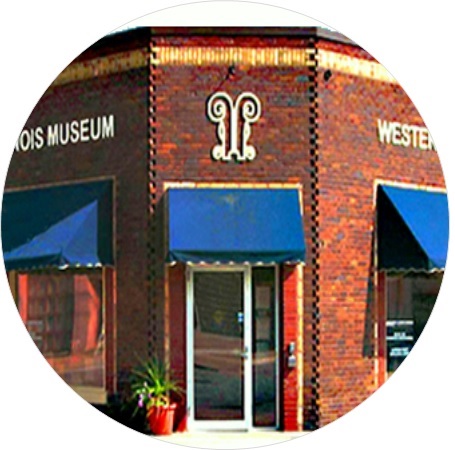
What’s next?
In May of 2019, the museum took ownership of the 201 South Lafayette Street building. With this milestone comes responsibility and opportunity. The museum’s board of directors has hired the architectural firm HPZS to create a facilities plan for the building. The plan will provide a road map for how best to use the space and outline how to accomplish the renovations needed to carry out our participatory vision.
With the successes of Our Front Porch and The Blind Swine, along with actively collecting histories that might have been lost, the hybrid approach will be pushed further. The experimental approach used to develop these programs will be applied to the exhibit space and programs in 2020. The celebration of the Family Farm is an initiative that will be seen in the exhibit, form the core of our programs and our collecting. Oral histories, workshops, music, films, food, and storytelling will all add a deeper, more nuanced understanding and respect for the region’s agricultural profession.
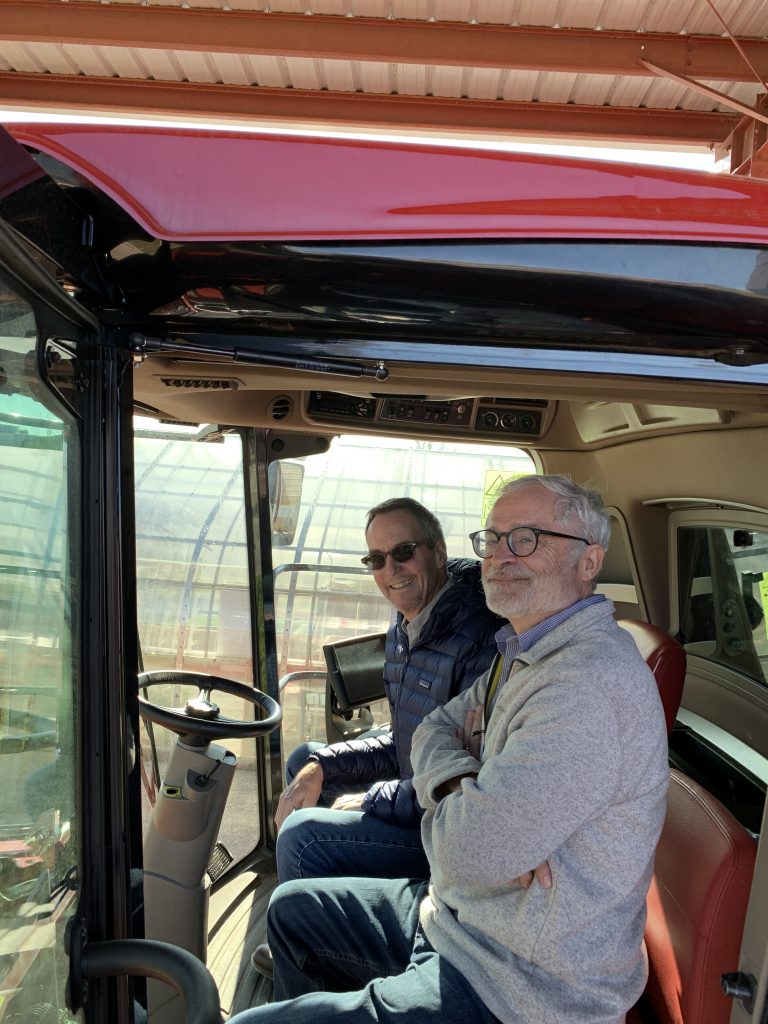
Who we are
The Western Illinois Museum is a 501(c)3 organization that is guided by an eight-member Board of Directors. An Advisory Council assists the board in evaluating strategies, identifying needs they see in the community as well as being advocates for the museum.
The
museum has a full-time director that is assisted by a team of interns and
community volunteers. In 2019 four WIU students gained professional experience
doing research, installing exhibits, and assisting with programs. Museum volunteers also assist with many
aspects of the museum’s operation. Over 50 active volunteers of all ages offered
1735 hours of service in 2019.
2019 Board of Directors
John Gruidl
Jeff Holtz
Jeff Kellogg
Lois Lueck
Bob Marcott
Karen Mencel
Tim Roberts
Marla Vizdal
2019 Advisory Council
Peggy Ma
Brenda Sayre
Dallas Thueringer
Abby Ngati
Staff
Sue Scott, Director
